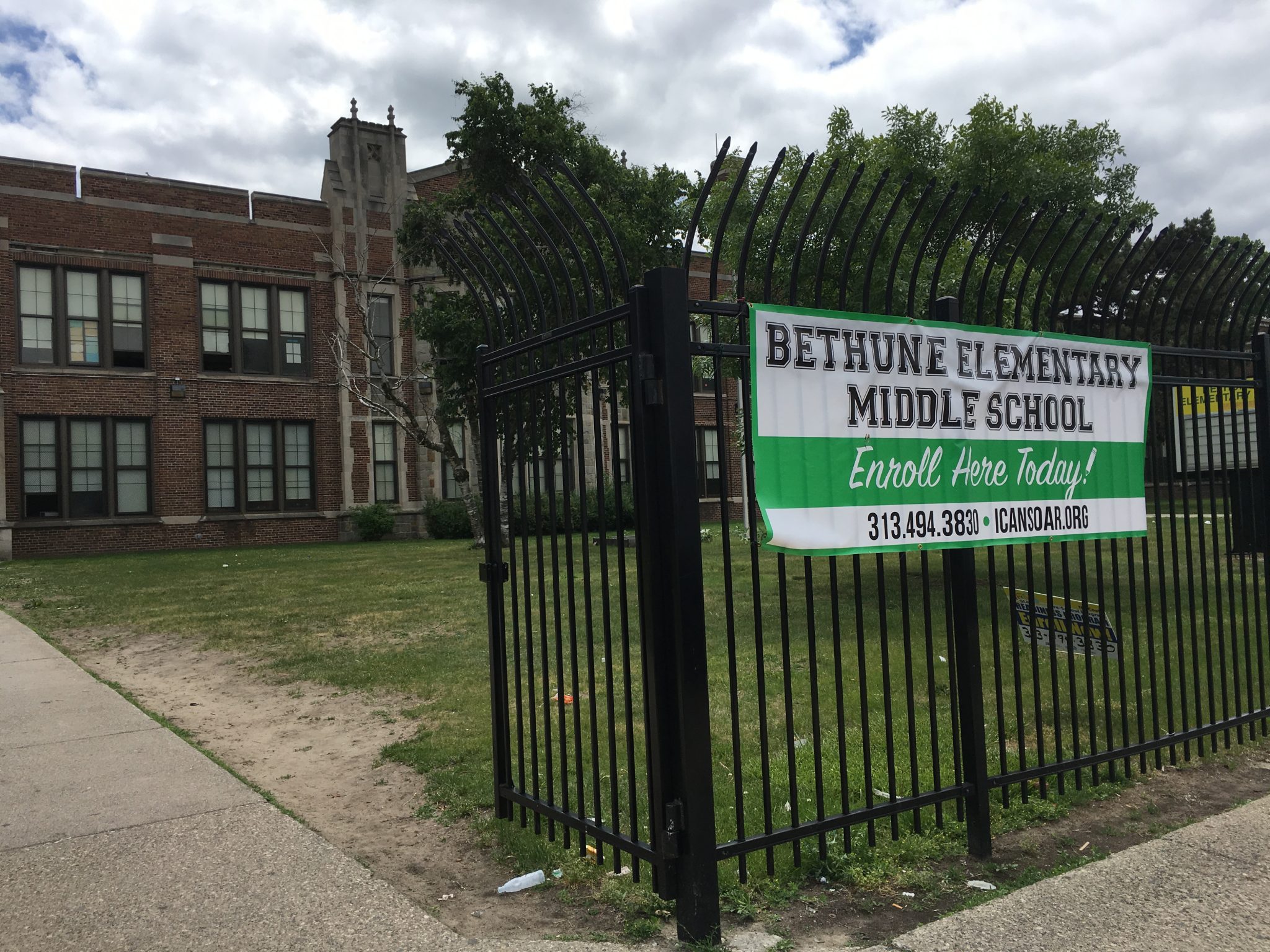What Are Michigan Schools Doing to Address the Racial Achievement Gap?
Experts talk about causes and ways to narrow the gap for students of color.


Students of color have long struggled to keep up with their peers in school. This is a problem educators have grappled with for years. But this isn’t just a problem of poor performance in urban school districts while districts in wealthier areas do well. Even suburban schools in places like Bloomfield Hills and Ann Arbor have large achievement gaps.
What are schools doing about this? And what does it say about the vitriol directed toward teachers and administrators in places like Detroit?
Wayne State University Sociology Professor David Merolla and Dr. Jay Marks, a consultant with Oakland schools focusing on social justice and diversity, chat with Detroit Today host Stephen Henderson about the details of these achievement gaps.
Marks describes his consulting work with the Oakland School district, “If we’re ever going to raise achievement for all students, we need to focus on three things. We need to know who we are. We need to know who our students are and we need to know our practice. A huge part of my work is following…the achievement triangle. I start the work with knowledge of self. We’ve been spending a lot of time exploring ‘who am I?’ In terms of my own identity, gender identity, racial identity, ethnic identity, my background, my history. We right racial histories, we spend time focusing on stereotypes, stereotype threat, micro-aggressions, privilege, white privilege and giving teachers a sense of opportunity to reflect and explore and think about their own implicit unconscious bias.”
Marks says he sometimes works with teachers who subscribe to the idea of being “colorblind in the classroom.” He says he tries to discourage that mindset.
“If you don’t see me, how can you teach me?” says Marks.
Merolla says his research in educational achievement gaps reflect the bigger trends throughout society. “It’s important to consider the educational system is not independent from the broader society…we have a society that is fundamentally unequal,” he says.
Click on the audio link above to hear the entire conversation.
To hear more about the racial achievement gap in Metro Detroit, listen to WDET’s recent report on the subject here.
